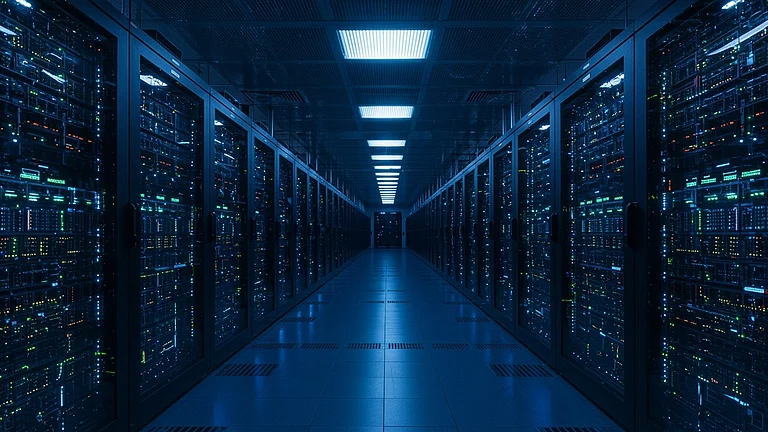Operations of four of the leading artificial intelligence (AI)-based tech companies soared on average by 150% from 2020 to 2023 because of the power hungry data centres, a United Nations report said on June 6, as reported by Reuters.
Amazon, Microsoft, Alphabet and Meta drove up their global indirect emissions because their artificial intelligence consumed vast amounts of energy to power data centres, state the report by the International Telecommunication Union (ITU), the UN agency for digital technologies.
"Advances in digital innovation — especially AI — are driving up energy consumption and global emissions," said ITU Secretary-General Doreen Bogdan-Martin. “While more must be done to shrink the tech sector's footprint, the latest Greening Digital Companies report shows that industry understands the challenge — and that continued progress depends on sustaining momentum together," added Martin.
Indirect emissions are those generated by the electricity, steam, heating and cooling a company buys to power its data centres.
Amazon's operational carbon emissions grew the most at 182% in 2023 compared to three years before, followed by Microsoft at 155%, Meta at 145% and Alphabet at 138%, according to the Reuters.
The ITU tracked the greenhouse gas emissions of 200 leading digital companies between 2020 and 2023.
Meta, which owns Facebook and WhatsApp, pointed Reuters to its sustainability report that said it is working to reduce emissions, energy and water used to power its data centres.
Carbon emissions from the top-emitting AI systems are expected to reach up to 102.6 million tons of carbon dioxide equivalent per year as investment in AI increases, according to Reuters.
Natural Gas Industry Hopeful
Amid the rising demand by AI data centres, natural gas producers are planning to cater to a significant demand of electricity which is expected to rise in the next decade— a demand that renewables may struggle to meet alone, reported CNBC.
Since data centres consume huge amounts of energy, their energy usage is expected to quadruple by 2030, with tech industry accounting for 5-20% of global energy utilisation, according to a Wells Fargo report published in April.
Rystad Energy predicted that global electricity demand from data centers will more than double by the end of the decade, reaching 860 terawatt-hours (TWh). However, renewables will not be enough to meet this upcoming demand. According to CNBC, the natural gas industry may take the load.
As stated by CNBC, Natural gas is expected to supply 60% of the power demand growth from AI and data centers, while renewables will provide the remaining 40%, according to the Goldman Sachs’ April report.

































